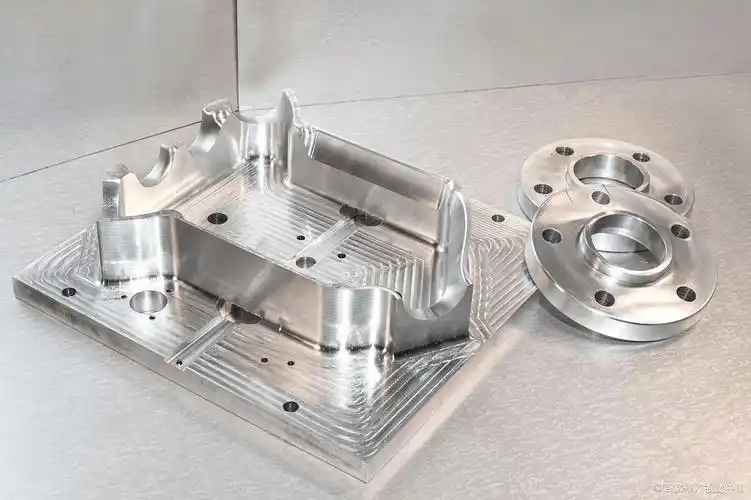
Core processes: die-casting molds, gravity casting molds, low-pressure casting molds, sand casting molds.
Application areas: automotive parts, aerospace structural parts, consumer electronics housings, industrial equipment components, etc.
Material adaptability: supports aluminum alloys such as ADC12, A356, and A380, taking into account both lightweight and high-strength requirements.
Aluminum Casting Molds Core technical advantages
① Intelligent design and simulation
Adopting CAD/CAE/CAM integrated design, flow field, thermal stress, and solidification process simulation through ANSYS, ProCAST and other software, optimize mold structure, and reduce the number of mold trials.
② Precision manufacturing capabilities
Equipment: five-axis linkage CNC, slow wire cutting (precision ±0.005mm), vacuum heat treatment furnace.
Process: nitriding treatment of mold core surface (hardness ≥1000HV), cooling water channel nano-coating anti-corrosion technology.
Quality control system
Testing standards: in compliance with ISO 9001:2025 and IATF 16949 automotive industry standards.
Key links:
3D scanning comparison (deviation ≤ 0.02mm)
X-ray flaw detection (internal porosity ≤ 0.3%)
Pre-production mold testing (5000 consecutive trouble-free operation verification)
Customized Aluminum Casting Molds
Rapid response (Rapid Tooling): For small-batch trial production needs, provide silicone molds and 3D printed resin molds (delivery cycle shortened to 7-10 days).
Green manufacturing solution: adopt recycled aluminum mold design to reduce carbon footprint; support mold rental and sharing model to reduce customers’ initial investment.
Contact
Request a quote now
Related products display
Showing all 2 results


